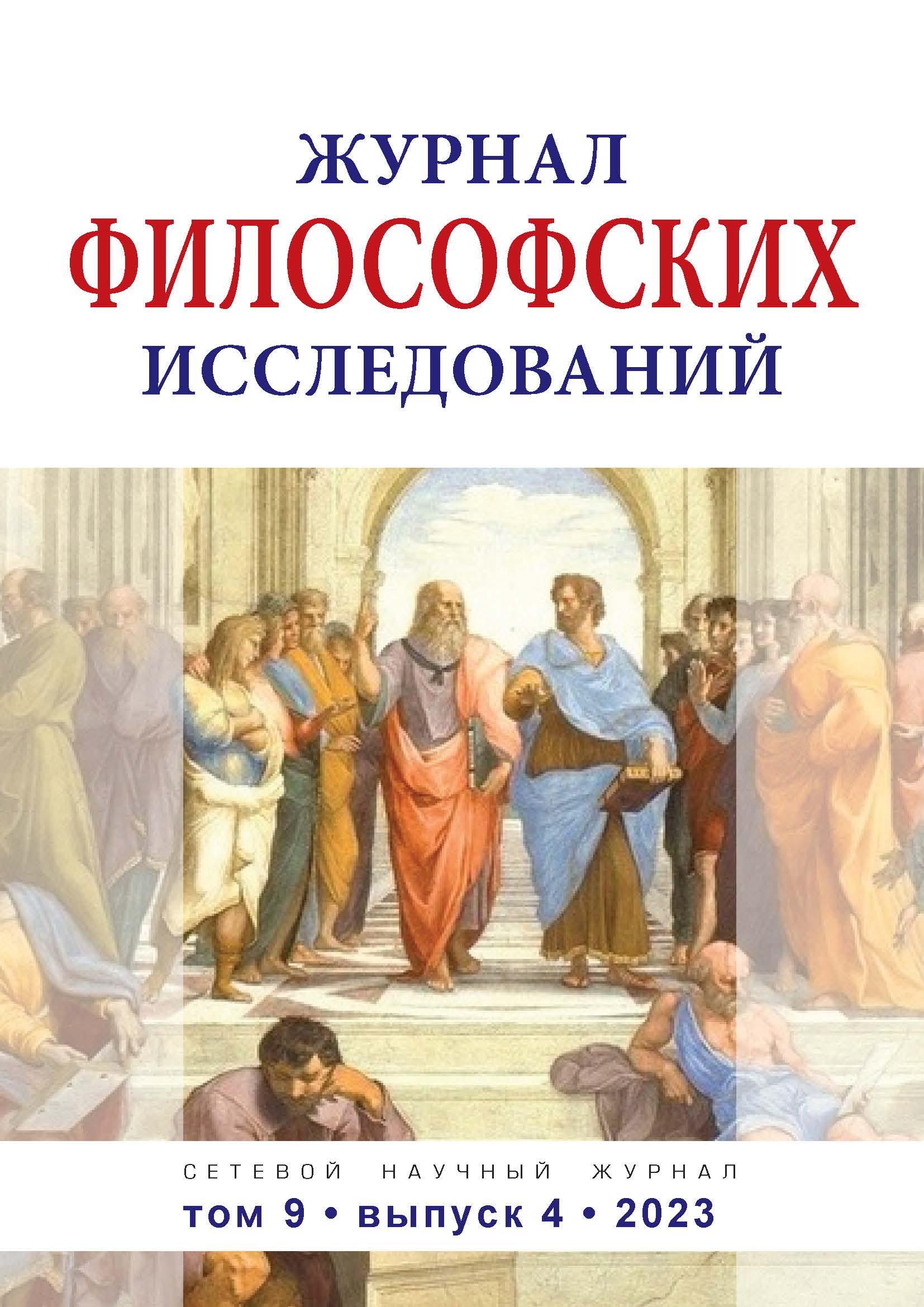Russian Federation
This paper provides a solution to the following dilemma: As is known, in standard modal logic, a theorem is proved according to which the identity relation is necessary (corresponding proofs are found in the works of R. Barkan and S. Kripke), but in the modal realism of D. Lewis, apparently, the identity can be contingent. Does this mean that modal realism on this basis should be rejected, since it contradicts the conclusions of standard modal logic? In my opinion, no, because, as shown in this paper, modal realism should be considered (perhaps even, contrary to the opinion of D. Lewis himself ) as a theory that explains not standard modal logic, but a special kind of modal logic, which I have called as α −calculus. Within the framework of α −calculus, unlike standard modal logic, does not perform operations with statements like "It is necessary that statement A is true" or "It is possible that statement A is true", but operations with statements like "Property F necessaryly inherent for thing a" or "Property F possiblely inherent for thing a"(Or " Relation G necessary / possible set between things a and b"). In α −calculus, it is not possible to prove the theorem on the necessity of identity according to the scheme according to which it was proved in the works of Barkan and Kripke. As it turns out, what I called α – calculus is coincides with T. Baldwin's idea of using the predicate modifier "Nec", which he described in [3]. This idea obviously calls into question Kripke's justification of the theory of rigid designators, based on the need for identity, and his attempted refutation of the theory of identity of consciousness and brain, supported by Smart, Place and others.
modal realism, identity necessity, contingent identity, predicate modifier "Nec", David Lewis, Tom Baldwin, Saul Kripke, modality de re
1. Gasparov I.G. Neobhodimost' tozhdestva / Imenovanie, neobhodimost' i sovremennaya filosofiya - SPb. : Aleteyya, 2011. - S. 100-111.
2. Gasparov I.G. Paradoksy tozhdestva: suschestvuet li al'ternativa standartnoy koncepcii tozhdestva // Epistemologiya&filosofiya nauki, 2011. - T. XXX. - №4 - S. 84-98.
3. Baldwin, T. “Lowe on Modalities de Re”. Mind, 1984, 93(370): 252-255.
4. Barcan, R. The Identity of Individuals in a Strict Functional Calculus of Second Order // Journal of Symbolic Logic. - № 12. - 1947. - rr. 12-15.
5. Fitting, M. “Intensional Logic”, Stanford Encyclopedia of Philosophy, 2006.
6. Fitting, M., Mendelsohn, R.L. First-Order Modal Logic. Dordrecht: Kluwer, 1998.
7. Kripke, S. “Identity and Necessity,” in M.K. Munitz (ed.), Identity and Individuation, New York: New York University Press, 1971, pp. 135-64.
8. Kripke, S. “Naming and Necessity”, in Semantics of Natural Language, D. Davidson and G. Harman (eds.), Dordrecht: D. Reidel; page references to reprint in Kripke, 1980.
9. Lewis, D.K. "Counterpart Theory and Quantified Modal Logic." Journal of Philosophy 65 (1968): pp. 113-126.
10. Loux, M.J. “Metaphysics: a contemporary introduction”/ Routledge contemporary introductions to philosophy, 2006.
11. Schwarz, W. “Contingent Identity.” Philosophy Compass, 2013, 8:486-495.
12. Stalnaker, R. and Thomason, R. (1968). “Abstraction in first-order modal logic,” Theoria, 34: 203-207.
13. Thomason, R., Stalnaker, R. “Modality and reference,” Noûs,1968, 2: 359-372.






